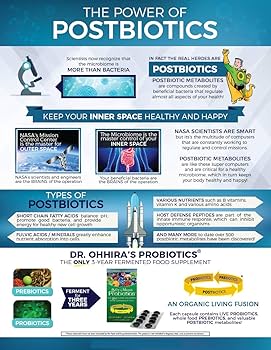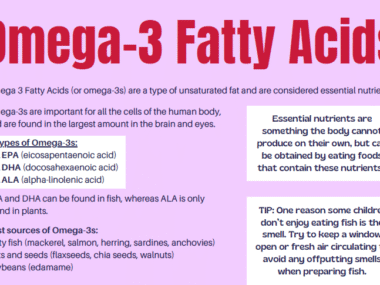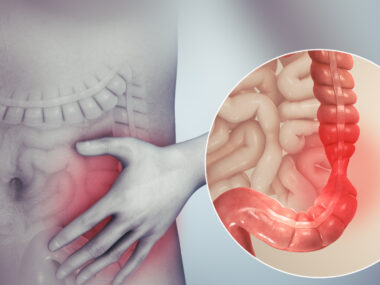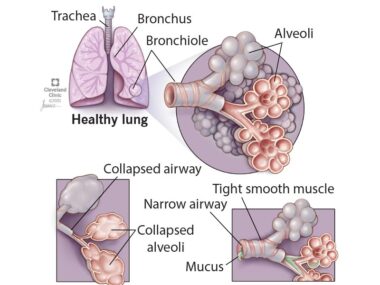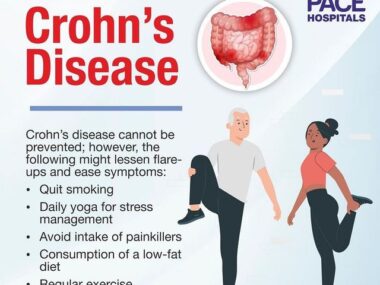Introducing Probiotics: Unlocking the Power of Good Bacteria
Discover the transformative benefits of probiotics as we delve into this revolutionary health trend. Probiotics, the live microorganisms that provide countless benefits to our gut health, have been making waves in the wellness community. This article will explore the science behind these “good” bacteria, their potential health benefits, and how to incorporate them into a balanced lifestyle.
What are Probiotics?
Probiotics are live microorganisms, such as bacteria and yeasts, that provide health benefits when consumed in adequate amounts. These beneficial bacteria can be found naturally in certain foods or taken as supplements. They work by restoring and maintaining a healthy balance of gut flora, which is crucial for overall well-being.
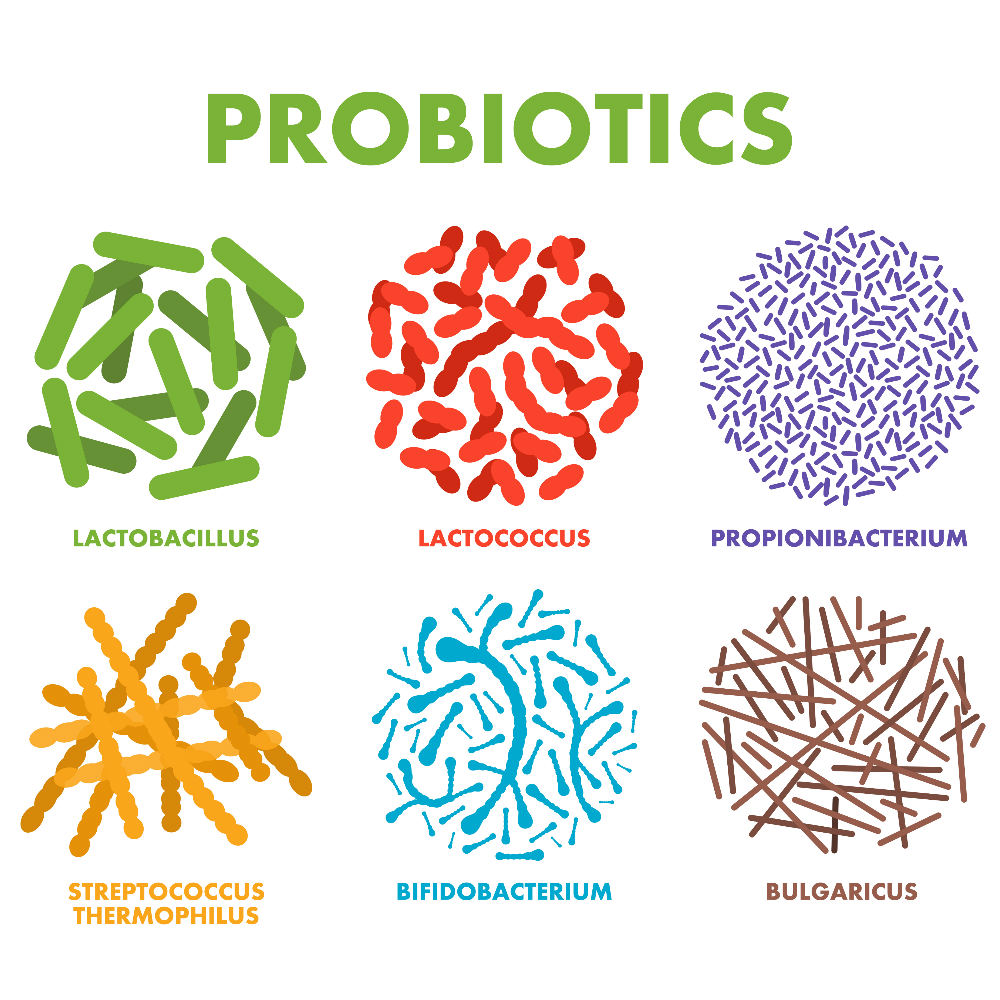
Probiotics can be classified into different strains, such as Lactobacillus and Bifidobacterium, each with unique properties and benefits. These microorganisms can survive the journey through the digestive system and colonize the gut, where they interact with the host and positively influence various bodily functions.
Health Benefits of Probiotics
The consumption of probiotics has been associated with a wide range of health benefits. One of the primary advantages of probiotics is their ability to improve digestion. These beneficial bacteria help break down food and absorb nutrients more efficiently, leading to better nutrient absorption and reduced digestive issues like bloating and constipation.
In addition to digestive health, probiotics have also been found to support immune system function. By enhancing the production of antibodies and promoting the activity of immune cells, probiotics can help strengthen the body’s natural defense mechanisms, reducing the risk of infections and allergies.
Different Types of Probiotics
There are various strains of probiotics, each with its own unique benefits. Lactobacillus and Bifidobacterium are the most common types of probiotics found in food and supplements. Lactobacillus is known for its ability to produce lactic acid, which helps maintain the acidic environment in the gut and inhibits the growth of harmful bacteria. Bifidobacterium, on the other hand, is important for the health of the large intestine and may help relieve symptoms of irritable bowel syndrome (IBS).
Other less common types of probiotics include Saccharomyces boulardii, a yeast that can help alleviate diarrhea caused by antibiotics, and Streptococcus thermophilus, which aids in lactose digestion. Understanding the different types of probiotics can help you choose the right supplement or food source to address specific health concerns.
How do Probiotics Work?
Probiotics work by interacting with the gut microbiota and the host’s body in various ways. They can compete with harmful bacteria for nutrients, space, and attachment sites in the gut, preventing the colonization of pathogens. Probiotics also produce antimicrobial substances that inhibit the growth of harmful bacteria, further supporting a healthy gut environment.
Additionally, probiotics can modulate the immune system by stimulating the production of immune cells and regulating the body’s inflammatory response. This immune-modulating effect can help reduce inflammation in the gut and other parts of the body, potentially benefiting individuals with conditions like inflammatory bowel disease (IBD) or allergies.
Probiotics and Gut Health
The gut microbiota, consisting of trillions of bacteria, plays a crucial role in maintaining overall health. Probiotics contribute to gut health by promoting a diverse and balanced microbiota. They can help restore the gut flora after antibiotics or other disruptions, reducing the risk of gastrointestinal issues and improving overall digestion.
Research suggests that probiotics may also play a role in managing conditions like irritable bowel syndrome (IBS) and inflammatory bowel disease (IBD). In individuals with IBS, probiotics can help alleviate symptoms such as abdominal pain, bloating, and irregular bowel movements. In IBD, probiotics may help reduce inflammation and support remission.
Probiotics for Immune System Support
A strong immune system is essential for overall health and well-being. Probiotics have been shown to enhance the immune response by increasing the production of antibodies and activating immune cells. This can help protect against infections, reduce the severity of allergies, and even improve vaccine effectiveness.
Certain strains of probiotics, such as Lactobacillus rhamnosus and Bifidobacterium lactis, have been studied for their immune-boosting properties. These probiotics have shown promise in reducing the risk of respiratory tract infections, including the common cold and flu. Incorporating probiotics into your daily routine can be a simple yet effective way to support your immune system.
Probiotics for Weight Management
Maintaining a healthy weight is not just about calories in and calories out. The gut microbiota plays a significant role in regulating metabolism and body weight. Emerging research suggests that certain strains of probiotics may help support weight management efforts.
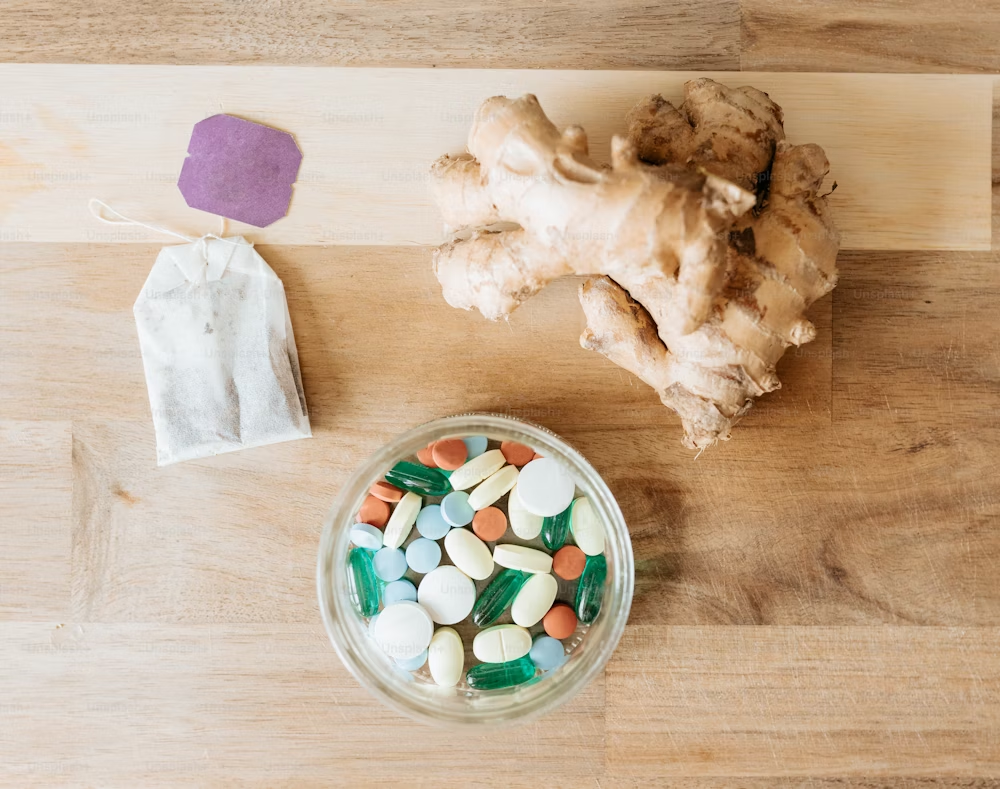
Probiotics can influence energy balance by extracting more energy from food or increasing fat oxidation. They can also regulate appetite hormones, such as ghrelin and leptin, which control hunger and satiety. While probiotics alone are not a magic solution for weight loss, incorporating them into a balanced diet and lifestyle may provide additional support for achieving and maintaining a healthy weight.
Probiotics for Mental Health
The gut-brain axis is a bidirectional communication system between the gut and the brain, and emerging research indicates that the gut microbiota may play a crucial role in mental health. Probiotics have shown promise in improving symptoms of anxiety, depression, and even stress.
Certain strains of probiotics, such as Lactobacillus and Bifidobacterium, can produce neurotransmitters like serotonin and gamma-aminobutyric acid (GABA), which are involved in mood regulation. By influencing the production of these neurotransmitters, probiotics may help promote a positive mood and reduce symptoms of anxiety and depression.
Conclusion
Probiotics offer a range of potential health benefits, from improved digestion and immune system support to weight management and mental health. To incorporate probiotics into your diet, consider adding fermented foods like yogurt, sauerkraut, and kefir, which naturally contain live cultures of beneficial bacteria. Alternatively, you can choose a high-quality probiotic supplement that provides the specific strains and amounts of bacteria you need.
When selecting a probiotic supplement, look for products that have been tested for quality and efficacy. Choose a reputable brand and consider consulting with a healthcare professional to determine the best probiotic strain and dosage for your specific needs.
By incorporating probiotics into your daily routine, you can unlock the potential for improved gut health, immune function, weight management, and mental well-being. Embrace the power of good bacteria and experience the transformative benefits of probiotics for yourself.
This comprehensive guide to probiotics has explored the science behind these “good” bacteria, their potential health benefits, and how to incorporate them into a balanced lifestyle. From supporting digestion and immune system function to promoting weight management and mental health, probiotics offer a wide range of advantages. By understanding the different types of probiotics and choosing the right supplements or foods, you can unlock the potential for improved wellness. Embrace the power of probiotics and discover the transformative benefits of these remarkable microorganisms.
